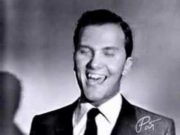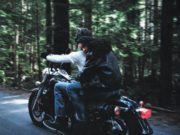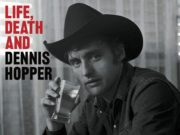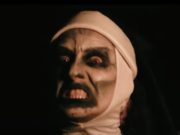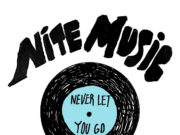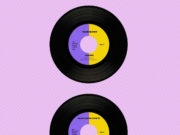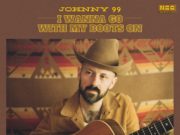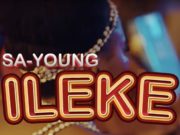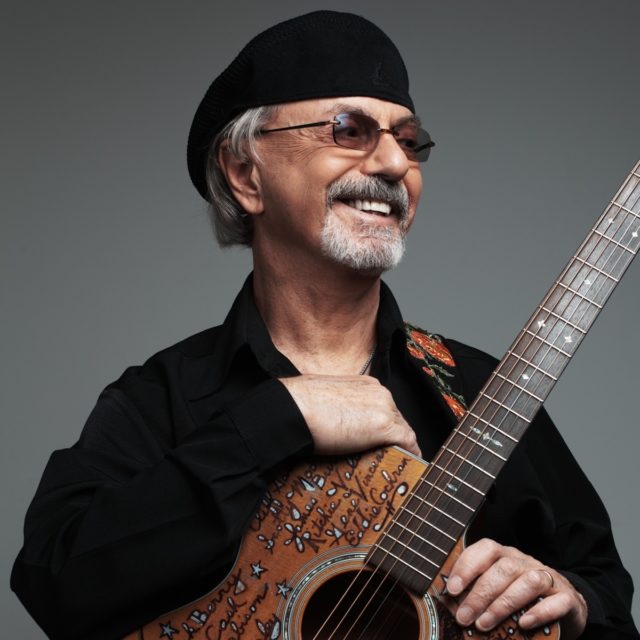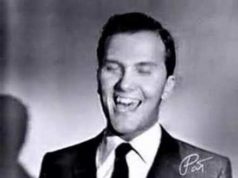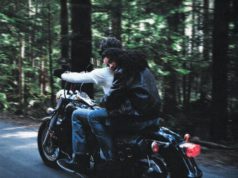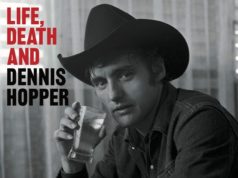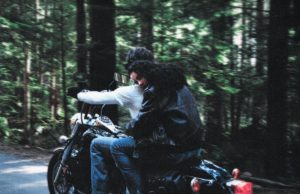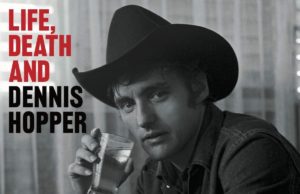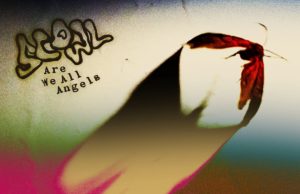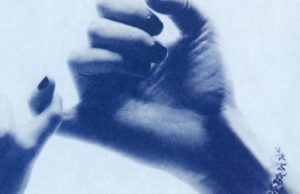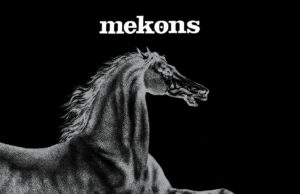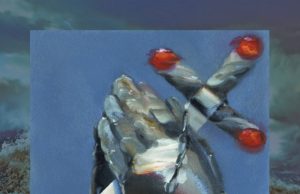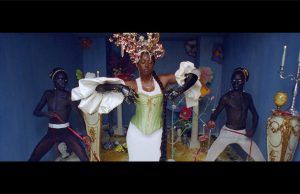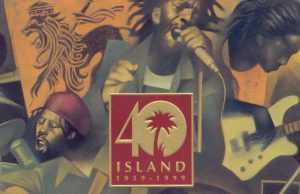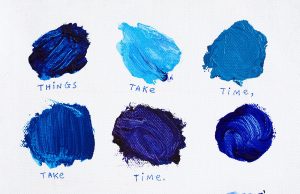 Every once in a while, I find myself down a rabbit hole because I’ve just heard a great song by an artist who I didn’t think had any great songs.
Every once in a while, I find myself down a rabbit hole because I’ve just heard a great song by an artist who I didn’t think had any great songs.
This has happened a few times with Dion DiMucci — one of the last surviving legends from the dawn of rock ’n’ roll. Dion (as he’s more commonly known) turns 85 in July. He’s a survivor of teen idolatry, drink, drugs, insignificance, and a slew of born9again Christian albums — first as a Catholic, then as a Protestant and back to being Catholic again.
These days he seems inclined just to play blues. His greatest success came during the late ’50s and early 60s as the lead singer of Dion And the Belmonts. Big hits like Runaround Sue, A Teenager In Love, The Wanderer and Ruby Baby. These are great, but are of a time and are basically novelty songs by today’s standards. In fact, they didn’t age well even into the mid-’60s, when the charts were filled with hits by The Rolling Stones, The Beatles, The Animals, The Beach Boys, Roy Orbison, Herman’s Hermits, The Four Tops, The Supremes, James Brown, Bob Dylan and The Mamas And The Papas. Doo-wop was old hat for everyone except The Mothers of Invention, and that was mostly ironic.
Dion got back in the charts in 1968 with his folky hit Abraham, Martin and John, which was written after the assasination of Martin Luther King Jr. The song references Abraham Lincoln, Dr. King and JFK. Dion never got back in the Top 40 after that. But here’s where things get frustrating. The flipside of Abraham, Martin and John is a song called Daddy Rollin’ (In Your Arms). This track is amazing. It’s an original, too — written by Dion and Tony Fasce.
Fasce — aka Johnny Angel — was from New Jersey and had been the lead vocalist in Johnny Angel & The Creations. They won a battle of the bands and got signed by guitar hero Duane Eddy‘s label, Jamie Records. They even appeared on American Bandstand. Basically, they were budding contemporaries of The Belmonts, but failed to have a hit and faded away. Daddy Rollin’ is one of a handful of notable songs Fasce wrote for other artists. The others include Your Own Backyard (also with Dion), which was recorded by Dion and covered by Mott The Hoople on their criminally overlooked 1971 album Brain Capers. Fasce also wrote Josie, which was recorded by several artists — but first by the psychedelic-era Status Quo in 1969.
Abraham, Martin & John was the opening track on Dion’s self-titled 1968 album. Sadly, Daddy Rollin’ was left off the LP, though it is included on expanded versions and the Spotify version. This was his first LP in five years and came in a predominantly black sleeve, with a dramatic, black-and-white Rembrandt image of Dion playing air guitar on the cover. Aesthetically, it was obvious this record was intended to be a rebrand of the former teen idol. This record is loaded with head-scratchers and a few secret gems. One of those head-scratchers is a flute-filled, folky, fa-la-la version of Jimi Hendrix’s Purple Haze. The phrasing is a little Jose Feliciano-like. It’s ridiculous and eventually descends into scat (literally and figuratively). At the bottom of this article I’ll include two playlists — one of intriguing Dion tracks, and another of curious or ill-advised covers of Purple Haze.
Mostly, Dion’s catalogue gives me the impression that he was a gifted vocalist and guitarist who seemed to lack a sense of cool. He never had any cachet. I’m not sure that’s something he actively sought the way The Beatles or Stones did, or that he aimed to possess the element which separated him from Donovan, Dylan, Crosby Stills Nash & Young, Gordon Lightfoot or Arlo Guthrie. Instead, he was more like a hybrid of Paul Anka and Neil Diamond. Basically, from 1957 to 1961 he did the early rock ’n’ roll stuff that made him famous. Then he had a crooner phase for a few years while he got hooked on booze and drugs — depressed and lost following the death of Buddy Holly, Eddie Cochran and The Big Bopper. He disappeared for a few years and came back as a folkie, something akin to Fred Neil through to the mid-’70s when he made an aggressive move to reinvent himself by collaborating with Phil Spector.
That’s when he made 1975’s Born To Be With You, which has similar production to the Spector-helmed John Lennon albums Imagine (1971), Some Time In New York City (1972), Rock ‘N’ Roll (1975) and George Harrison’s All Things Must Pass (1970). The production is over the top and excessive — but it works. There are several songs on the album which are stunning, particularly In And Out Of The Shadows, written by Spector and the legendary lyricist Gerry Goffin. But Dion followed up this album with the awful Streetheart (1976), which bombed. In fact, the rest of his catalogue is pretty awful. There’s some out-of-touch adult contemporary stuff, then a bunch of Christian records before he turned in some too-slick, too-white blues albums. The only cool stuff in his late-era catalogue are two throwbacks. One of those is a live album recorded in 1971, but released in 2015 as Live At The Bitter End. The other is a compilation of his 1962-’65 post-Belmonts material called Don’t Start Me Talkin’ — which came out in 2009.
Dion is one of those artists I’d love to go back in time and manage. Blessed with a retrospective perspective, I know I could feed him songs and guide his production in such a way that he could have been as big a star as any of his contemporaries. Maybe he could have even formed a band the way Donovan did with Open Road, or Stephen Stills with Manassas. Between 1968 and 1974 there were plenty of great musicians who were, at times, at loose ends. It’s fun to imagine Crosby, Stills, Nash & DiMucci. Or Dion making something happen with Elton John’s discarded rhythm section of Dee Murray and Nigel Olsson. Harvey Mandel auditioned to be the Stones’ lead guitarist — he would have been a good pairing for Dion. Perhaps Roy Wood after he left Electric Light Orchestra.
It could have been so much better, and Daddy Rollin’ is the proof.
• • •
Area Resident is an Ottawa-based journalist, recording artist, music collector and re-seller. Hear (and buy) his music on Bandcamp, email him HERE, follow him on Instagram and check him out on Discogs.



